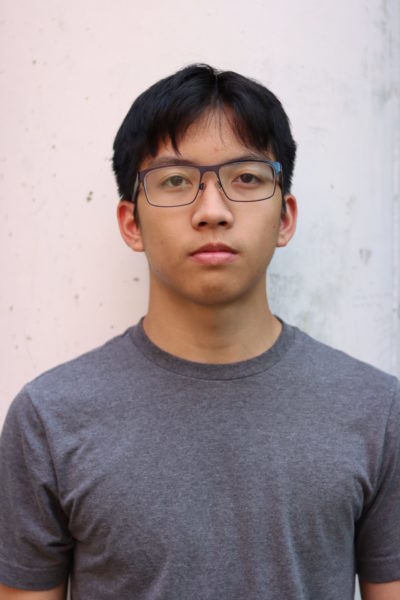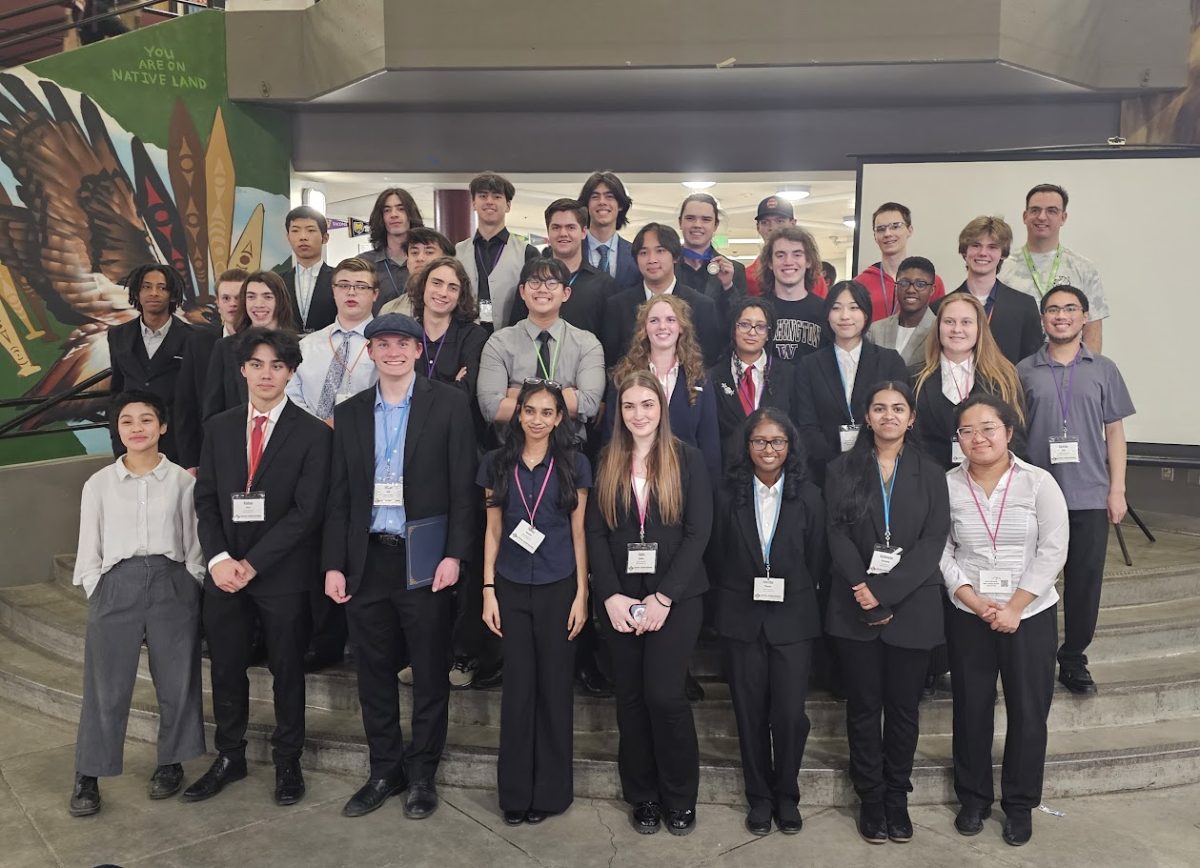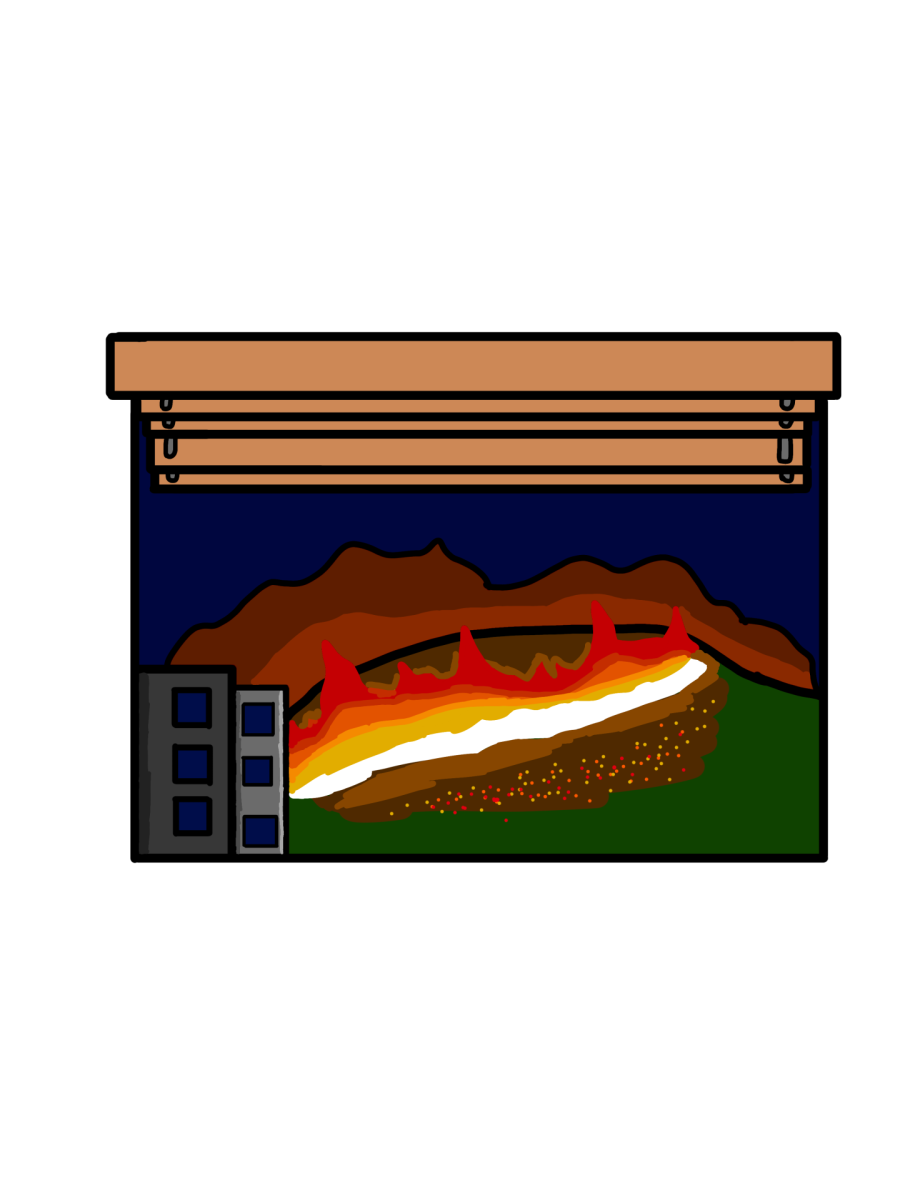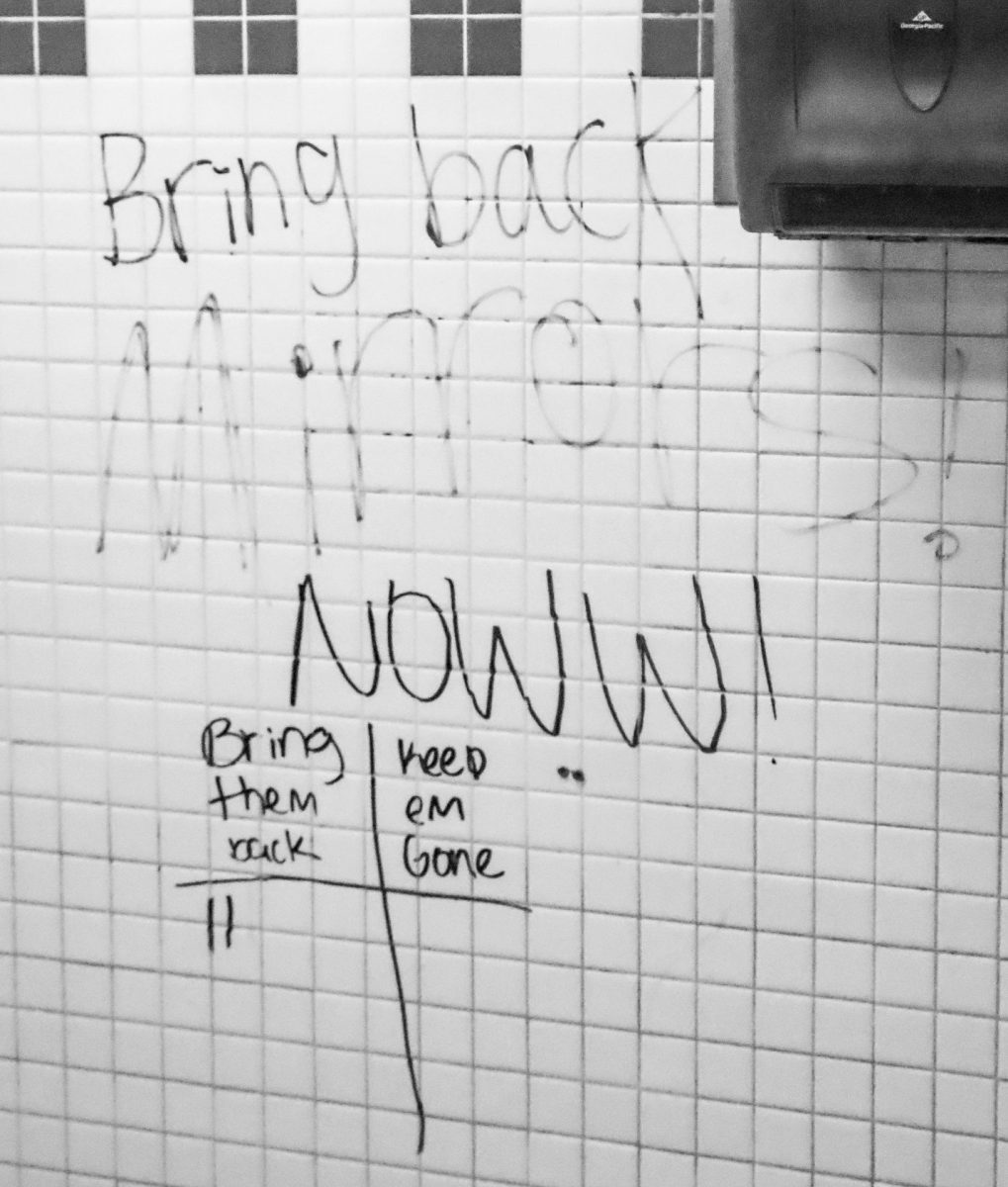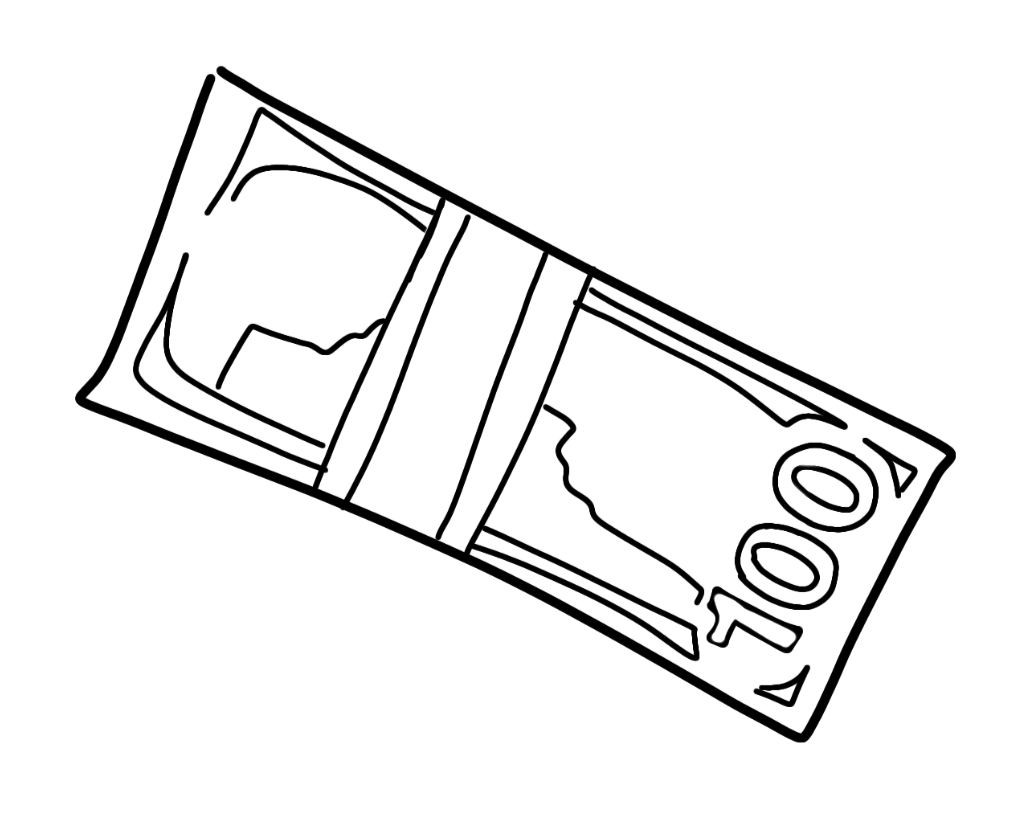As conflict rages on in Ukraine, the reverberations are being felt in the Terrace community.
The war in Ukraine has concerned ELL (English Language Learning) teacher Michelle Tessier having students whose families are personally affected.
“I have a Ukrainian student,” Tessier said. “His town in Ukraine is near the Black Sea which is where some of the heaviest violence is going on right now. They are very worried for the family they left behind and friends.”
Tessier, having students from Russia, also makes it a point to not make assertions about Russian people as a whole.
“Putin is one man,” Tessier said. “He does not necessarily represent the views of the people. I’ve heard, even locally now, that people are boycotting Russian restaurants even though it’s the Russian people, so I am concerned. I watched what happened when we had the Muslim ban and I am worried for the Russian population, and I am extremely worried for the Ukrainians.”
One of Tessier’s students, Liia Shaibova, has a glimpse of both sides of the war having a Russian family while also having friends in Ukraine.
“[My friends] for now they’re fine,” Shaibova said. “Sometimes they hear airplanes and they hide in basements. They’re really scared.”
The war in Ukraine has led to record numbers of refugees fleeing to neighboring countries on a magnitude unseen in Europe since WW2. As of March 9, two million people in total have emigrated from Ukraine. About 1.5 million fled to Poland, with Hungary, Slovakia and Romania also taking a significant number of refugees.
Shaibova has stated she is against the invasion of Ukraine, but some of her family in Russia continue to support Putin.
“My family–my grandmas, they are with Putin, the president,” Shaibova said. “I tried to talk to both of them because I said ‘this is terrible’ and she believes the news… Russian news is not always true.”
Since the start of the invasion, Russian authorities have been cracking down on the press and anti-war protesters. On March 4, a new bill was signed into law in Russia that makes it illegal to use the word “war” or “invasion” to describe the situation in Ukraine, punishable by up to 15 years. According to COVD-Info, a human rights media project based in Russia, 13,022 people were arrested on arbitrary charges for protesting against the war in Ukraine as of March 6.
“At first, [some of my family] didn’t believe that the war just began,” Shaibova said. “They didn’t believe in this because on the news it says ‘no, it’s not war.’ Then, the news said that now in Russia it’s illegal to say or write ‘war’. So now they use other words to describe it.”
In response to the invasion of Russia, the global community has united to put economic pressure on Russia and supply Ukraine. On Feb. 27, Russian banks were cut from SWIFT, an international banking messaging system. Switzerland froze Russian assets, breaking a long tradition of neutrality. On March 8, President Joe Biden announced the U.S. would shut down all imports on Russian oil. Companies from McDonalds to Disney have stopped doing business in Russia. The rouble, Russia’s official currency, has since plummeted in value to ¾ a cent.
The sanctions on Russia have come at a cost for American consumers with Tessier noting, “We’re feeling it in our 401ks, our stocks. Gas prices are very high right now and they are going to continue going up, so we feel that pain,” Tessier said.
The Ukrainian forces in the capital of Kyiv have managed to keep Russian forces in the outskirts of the city, but heavy tolls have been inflicted on multiple fronts. In addition to Kyiv, the cities of Kharkiv, Sumy and Mariupol have faced heavy shelling. Temporary ceasefires have been called to allow civilians to escape.
“I don’t believe it will be another Afghanistan, but it will go on into guerilla warfare and it could potentially go on for much, much longer than anybody would want it to.” Tessier said. “I’m hoping that the economic sanctions will have the Russian government outside of Putin begin to reassess what would be helpful for them.”
5,000 miles away, in Terrace, Tessier encourages reaching out to help each other as the war continues.
“I think as individuals, we can support our Ukrainian community and Russian communities here at our school by reaching out. You can tell from the emails that I’m getting back that it’s [the families] it’s warming their hearts; it makes them cry to know that they’re being supported and it’s important for me, as an ELL teacher, to support my families. I think that if we did that as a building to our families, to let them know that we’re here, that we understand the pain that you’re going through, that would be a step towards helping our community.”


